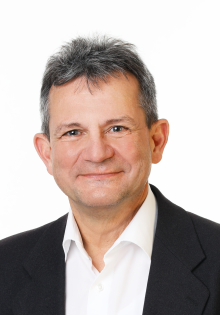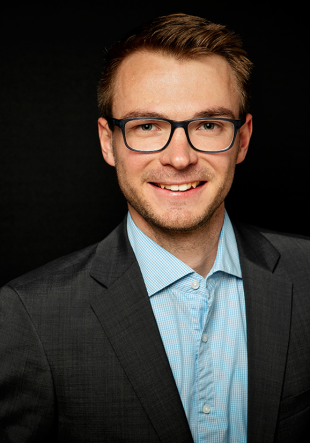Manufacturing vehicles in a more efficient, environmentally friendly way is the goal of a new research project being headed up by the chair of Automotive Lightweight Design (LiA) at Paderborn University. For this project, the LiA joined forces with researchers from the Department of Electrical Engineering and the Software Innovation Lab at Paderborn University, as well as with the companies BuL Werkzeugbau, MOESCHTER Group, MORYX Industry by Phoenix Contact, Ulrich Rotte Anlagenbau & Fördertechnik, WestfalenWIND Planung, AEG Power Solutions, INTILION and Kirchhoff Automotive. The project also has close links with the ‘New Mobility Paderborn’ (NeMo Paderborn) initiative.
The partners in the ‘Regenerative energies for the efficient operation of press hardening lines’ project (‘Regenerative Energien für den effizienten Betrieb von Presshärtelinien’, or Re²Pli for short) began their work in August with the launch event. ‘Re²Pli’ will receive around 3.5 million euros in funding over a three-year period under the ‘progres.nrw – Innovation’ initiative from the North Rhine-Westphalian Ministry for the Economy, Industry, Climate Protection and Energy and will be supported by Projektträger Jülich (PtJ).
High-emission production of lightweight components
Modern cars, which need to be as light and yet still as safe as possible, are composed of up to 40% press-hardened components. The lower weight significantly reduces the CO2 emissions produced when operating the vehicle. However, the manufacturing process for these components involves high levels of emissions. ‘The industrial press hardening process usually involves heating sheet metal in ovens that are up to 40 metres long. Fossil fuels are generally required to get these ovens to a temperature of 950 degrees Celsius’, explains Prof. Thomas Tröster, professor of LiA and a member of the NeMo board. In addition, the large ovens often continue to be heated even during production downtime, due to the time that they take to heat up and cool down.
Energy-efficient, flexible and space-saving
‘Induction heating is based on electrical energy and enables the use of electricity from renewable sources. We want to use this method to develop a significantly lower-emission process for heating steel components’, as LiA research assistant Jonathan Behm describes the research process. Induction also offers other benefits: the heat is generated directly in the component, allowing high temperatures to be reached more quickly and efficiently than before. ‘This means that the manufacturing process can also become more flexible and take up less space’, Behm notes. To demonstrate the method’s suitability for series production, the project members are building an integrated production line for press-hardened components using induction heating. They are using digital analysis and software prototypes for operational planning, allowing the creation of optimised business models for all involved, including equipment and battery storage owners.
Transfer from theory to practice
The results will be tested in a real environment right from the development phase. To achieve this, ‘Re²Pli’ has been integrated into the ‘New Mobility Paderborn’ initiative, which links up research fields that were previously viewed in isolation – such as mobility research, vehicle concepts, energy systems and digitalisation. More than 70 network partners have joined forces within an association established specifically for this project. ‘Our future analysis will benefit from the numerous interfaces within the “New Mobility Paderborn” initiative. If we view energy, environmental and economic aspects from a holistic perspective, we can fully exploit the benefits of an induction heating line and overcome uncertainties regarding operating ability and economic efficiency’, Tröster explains.



